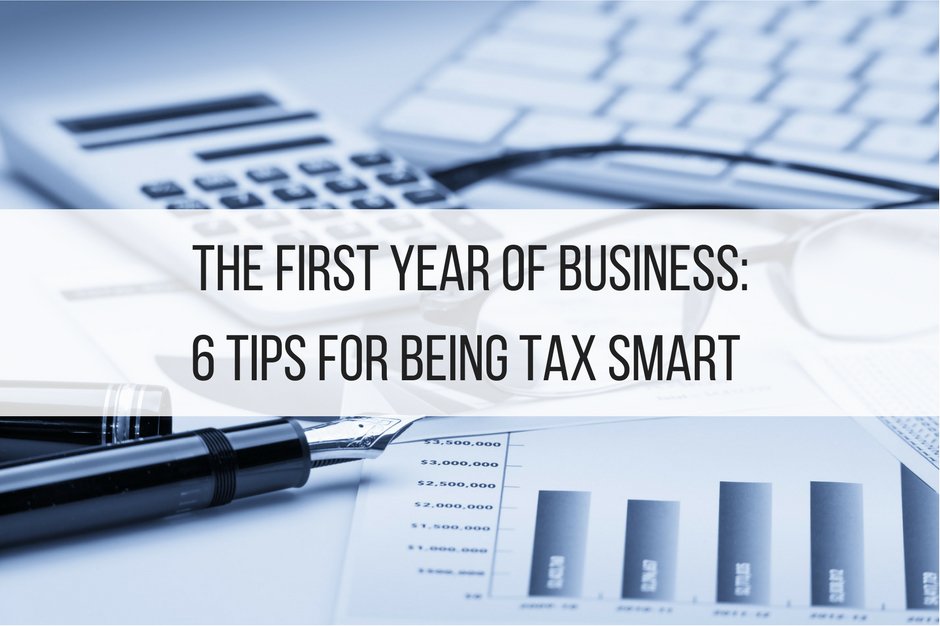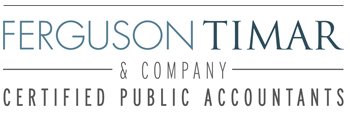
It’s exciting to start a new business, but it can also be stressful, as there are lots of things to stay on top of. Oftentimes, the subject of taxes becomes a big area of concern for most first-year business owners. How much will you owe? What is and what is not deductible? There are so many questions to ask, and the more you can be prepared to deal with tax returns and maximize your business expense deductions, the better off your business will be.
Ferguson, Timar & Company is a leading tax preparation and accounting company focused on small business success. Here are our tips to help you be tax smart in your first year of business.
1. Understand Equipment Deductions
Remember that any equipment purchased for business cannot technically be deducted until it is actually in use. So, if you are buying a lot of equipment before opening your business, you have to wait until doors are open before you can consider the items as tax deductible. Though there may be some limitations based on your taxable income, the good news is that equipment tax deductions are fairly liberal for small businesses.
2. Consider Waiting to Deduct Equipment
Because of depreciation, it may not always be wise to deduct the full amount of business equipment in the first year. Also, it’s important to understand the recovery periods for various types of equipment. Before deducting any business equipment, it is best to seek the advice of a small business tax expert.
3. Deducting Start-Up Costs
Taxpayers are eligible to deduct as much as $5,000 in start-up costs in the first year of business. However, there are limitations and any start-up costs in excess of $50,000 are subject to amortization over a 15-year period. This issue can get complicated, so speak with your tax advisor before deducting any start-up costs, including:
- Market analyses
- Employee wages and training costs
- Advertising and marketing
- Professional service fees
- Travel costs related to building customer/vendor relationships
4. Leasehold Improvement Costs
If you are making upgrades to the interior of your office, retail, service or restaurant space, you can deduct some of these expenses in the first year. Want to know more? Ask us about the Section 179 expense deduction.
5. Factor in Organizational Expenses
In the case of a partnership or corporation, the business is eligible for up to $5,000 in organizational expense deductions in the first year. Similar rules apply in conjunction with the start-up costs mentioned in tip #3.
It’s important to note that a business is eligible for many tax deductions in the first year of operation. However, with limitations and other factors to consider, it’s always best to consult a tax professional like Ferguson, Timar & Company. To learn more about our services, contact us today.
